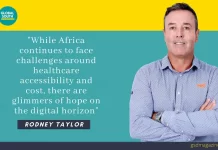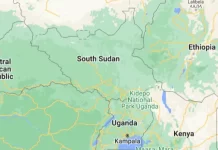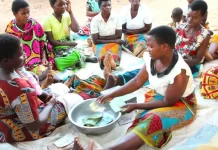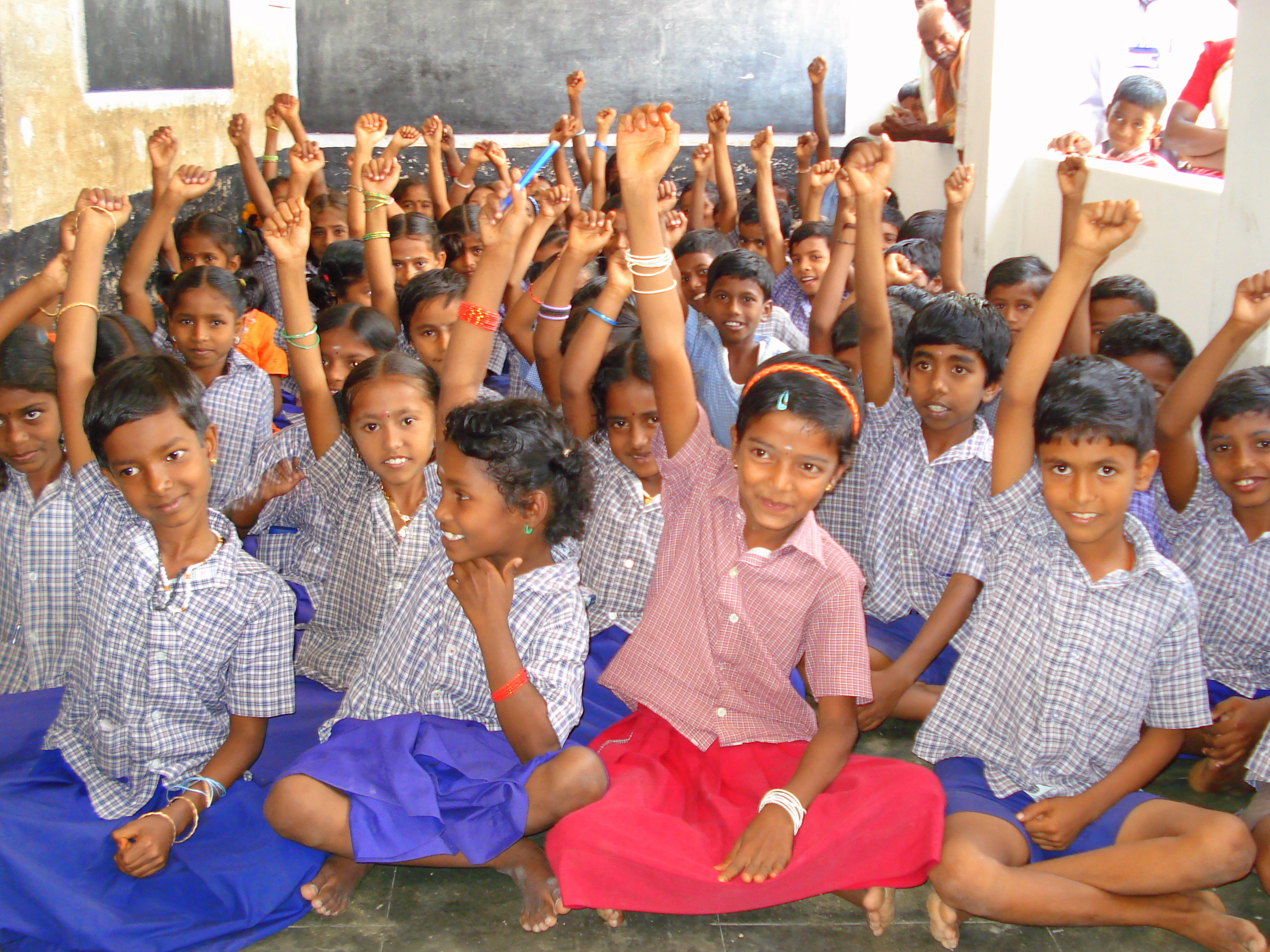An evaluation of North-South continuum from an African perspective
 By CUCU WESSEH
By CUCU WESSEH
I embarked on writing this article with a personal subscription and signature to notion of rethinking development commitments in creating a better and sustainable North – South dialogue for an equal partnership. In reflexivity; I am tempted to view this notion as a wishful thought in the Utopia of eighteen century Marxism in relationship to our current and modern reality. Nevertheless, I do believe in “change” for “better” life in a “better” world on a global scale.
Herein lays the argument that I would like to stretch my argument further to include the emancipation from global, regional and national structures of oppression and repression in all forms and manifestations.
It is a solid and valid point of fact that aid is also usually and always “tied to procurement from donors countries” with regards to stakeholders’ desires. This disturbing factual issue about aid being tied to the purchase of goods and services is that it increases costs by 25 per cent. Moreover, most donors channel aid through NGOs from within their own countries. This sort of tendency and counterproductive activity seriously impedes the development commitment associated with the North —South relationship continuum.
See Also: South-South Cooperation in Practice: 10 Powerful Examples
Recent statistics suggest that in the 1990s, approximately 75% of British food aid was channeled through NGOs; 40% of emergency aid from Sweden was channeled through Swedish NGOs; about 65% of US aid (excluding food aid) is channeled similarly. The author admits that food aid may be necessary under certain conditions, but if the factors that created such emergences are not addressed fully, such aid can be counterproductive.
- “Development is a process of self-empowerment and an integral part of the overall process of the struggle for liberation from the global structures of dominance and control in terms of both ‘mental constructs and use of language’ “
- “Aid being tied to the purchase of goods and services to the donor country increases overall costs by 25%. Moreover, most donors channel aid through NGOs from within their own countries”
- While the neoliberal definition of development is equated with growth (open markets plus foreign investments and good governance as defined by donors) and wealth accumulation (ensuring that the rich getting richer), from the southern perspective, it is also defined as social factors (wellbeing of the people) plus the democratic factor (right of the people to participate in decision-making) minus the imperial factor (right to self-determination)
Thus, dependency theory, which often leads to the suspicion of “conspiracy”, is vital and indeed becomes a necessary for critical evaluation and assessment.
While the neoliberal definition of development is equated with growth (open markets plus foreign investments and good governance as defined by donors) and wealth accumulation (ensuring that the rich getting richer), from the southern perspective, it is also defined as social factors (wellbeing of the people) plus the democratic factor (right of the people to participate in decision-making) minus the imperial factor (right to self-determination).
A fascinating aspect of “ending dependency” is the hypothesis that dissection of development and aid package provides an insight into the provision of taxonomy (classification) of aid to the developing world.
In view of dependency theories, Yash Tandon characterizes development aid to include Red aid (ideological aid), Orange aid (commercial aid or non-developmental development aid) Yellow aid (military and political aid), Green/Blue aid (provision of global public goods) and last but not least Purple aid (solidarity).
Ideally, it would be interesting and enlightening to initiate and engage in a discussion on the different types of aid, regarding aid dependency theories as characterized by Yash Tandon in his book “Ending Aid Dependence“. Development aid is a highly controversial topic in the continuum of North -South relationship as a subject of critical scrutiny and evaluation.
In this manner, I believe that we in the North and our counterparts in the South together with the bulk of African Civil Societies in the Diaspora can concomitantly rethink global development strategies on aid issues towards a better and equal partnership.
In attempting to build my argument against a pro notion of neoliberal “volunteerism as a development tool”; I do undersigned the notion for an immediate address of sustainable development and the sustainability of developmental strategies to substantially influence the conception, design, implementation, and review of growth and development situations in the global South.
We must rightfully understand and acknowledge that it is a continuous strategy and tendency for donors to dictate the prioritization of development projects in all its totality and implementation processes. This is a wrong approach and in fact does not sufficiently facilitate capacity building and knowledge transfer. This tendency, which seemingly has adverse effect on development goals, is counterproductive and dysfunctional in meeting anticipated objectives.
In retrospect to “making poverty history” and the current series of global “poverty reduction strategies”, we still find that poverty as an endemic ill in societies has quadrupled in many developing economies. This is because local resources are very often sidelined for expatriate and specialists and/or consultants from donor countries for “sky-rocket” salaries and compensations far from the reality of actual need. On the contrary, wise locals can and could be effectively used for and/or in similar drives.
Thus, by elevating the competence and upgrading the capabilities and levels of local social capital; available resources can be utilized to ensure efficiency and effectiveness in sustainable development. Otherwise we in the South can say “to hell with “good intentions”, if they do not and are not structured on the basis of new sustainable focus and approach for an equitable level “playing field” of global development initiatives.
If, poverty reduction strategies are channeled equitably across the board without stringent categorization and procrastinating prioritization policies; the endemic will remain with humanity forever. Hence, household phrase “sustainable development will transform into a stagnant of talk and talk with no ado.
(Mr Wesseh is General Secretary of the African Civil Society in Finland, an NGO Diaspora Advocacy Group. He can be reached at [email protected]. This op-ed piece originally appeared in a GSDM quarterly issue.)










